How to Clean a Water Tank in Dubai (and Why and How Often You Should Do It)
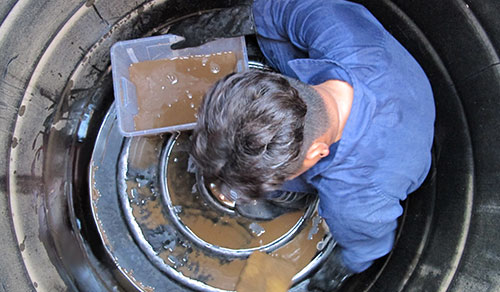
Dubai Electricity and Water Authority (DEWA) supplies homes with water using a tank-and-pump system. Homeowners in Dubai usually store water in collection tanks to ensure they have a ready supply for bathing, washing, cooking, and other household needs, even during times of peak water demand. This means that whatever water is flowing from the taps […]
Save Big, Breathe Easy: The Hidden Power of AC Coil Cleaning
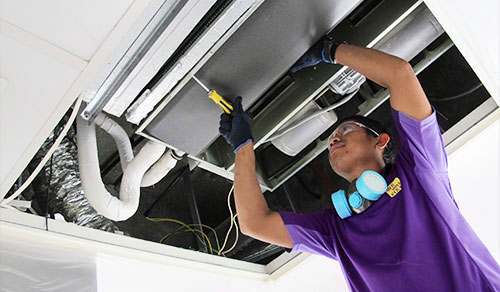
You’ve been noticing a few problems with your air conditioner. Rooms that never quite cool down, energy bills that seem far too high or that mysterious musty smell that just won’t go away — what’s going on with your AC? The culprit could be the AC coil. AC coils are two different parts in your […]
Top 5 Benefits of Water Tank Cleaning Services

Water is an essential resource that must be managed well, particularly in Dubai where it runs through a pump and tank system. One of the crucial aspects of managing this precious resource is ensuring that water tanks that store and distribute it are free of harmful bacteria. Regular water tank cleaning services must be carried […]
Clean Sweep: 7 Signs Your Home Needs Air Duct Cleaning

An Air-conditioning (AC) system is a lot like your roof—you might not think about it much until something goes wrong! Little by little, you may notice small problems indoors, such as uneven temperatures or strange noises. Worse still, your AC system might not alert you to any issues until a costly repair or replacement is […]
Do you need AC Replacement?
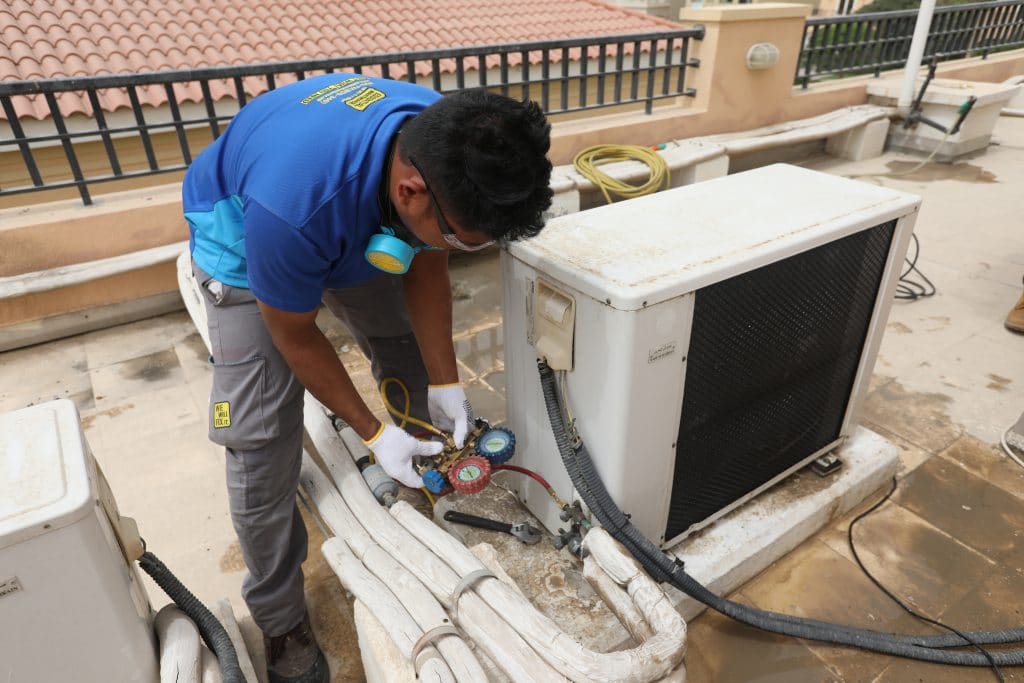
Tell-tale signs it is time for AC Replacement In Dubai’s extreme climate, your air conditioning unit is a lifeline. But, like any machine, it won’t last forever. Knowing when your home or office air conditioner needs replacement can save you from discomfort and high energy bills. If you recognise two or more of these tell-tale […]
The Top 11 Causes of Pipe Leaks & the Early Signs to Watch Out For
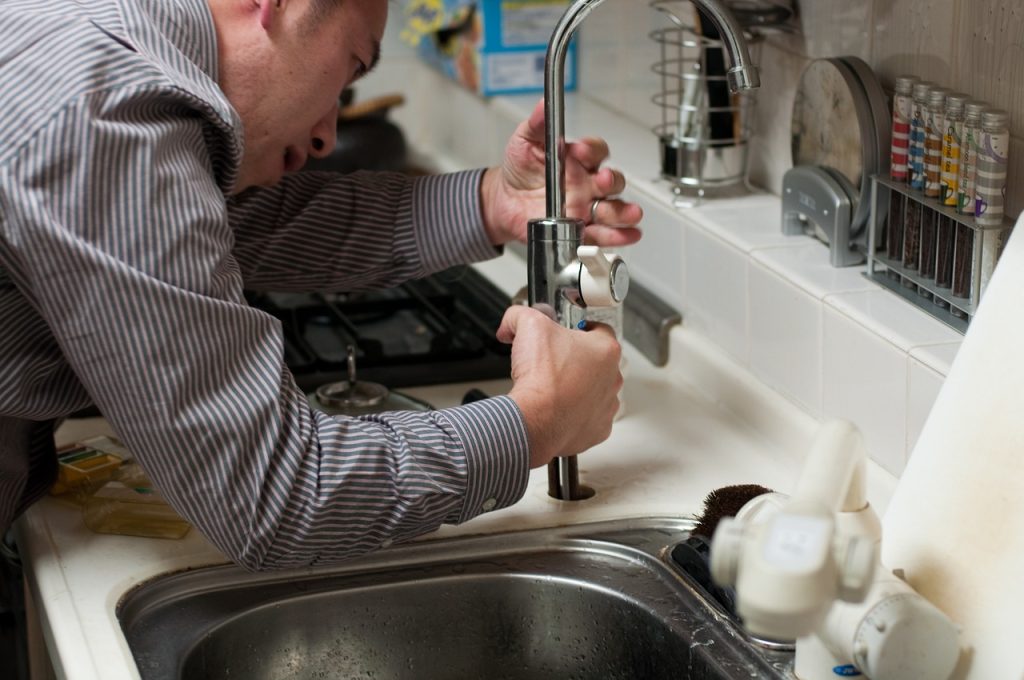
A leaking pipe is an issue that all homeowners must know to watch out for. Water leaks can quickly cause serious damage to the floors, walls, cabinetry and furniture in a house. They could also promote the growth of mold or affect water quality and pose health risks for all members of the household. In […]
The Hidden Differences: 10 Questions to Ask Before Choosing an Annual Maintenance Contract in Dubai
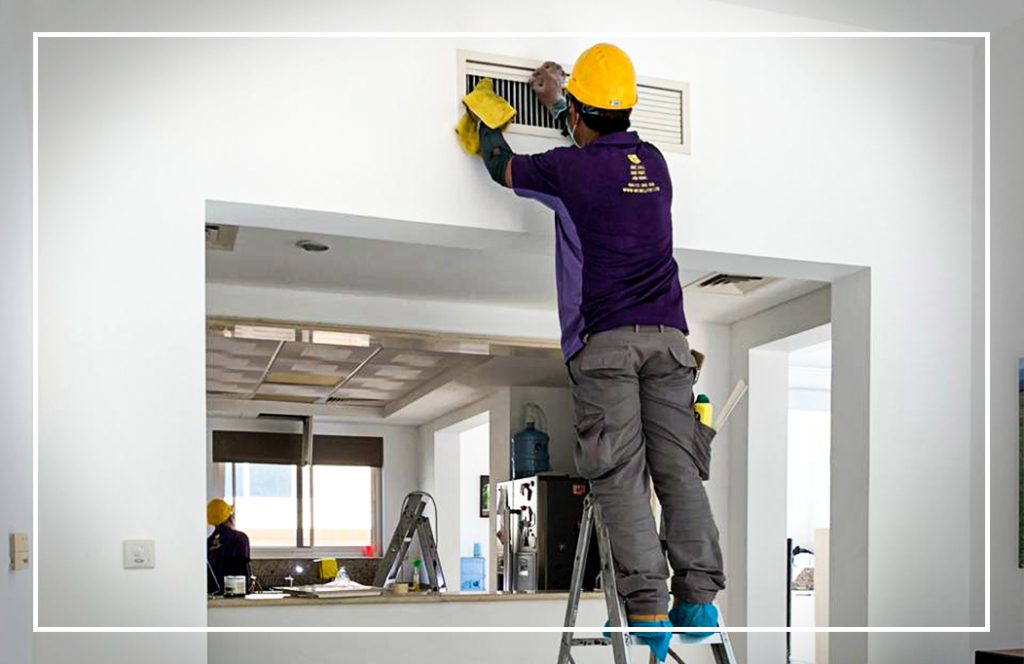
When it comes to protecting your home, an AMC in Dubai (annual maintenance contract) offers peace of mind by ensuring that essential services like AC, electrical, and plumbing are covered year-round. However, not all contracts are created equal. Comparing them can feel like comparing apples to oranges – especially when some details are hidden in […]
10 Common AC Repair Issues and How to Prevent Them
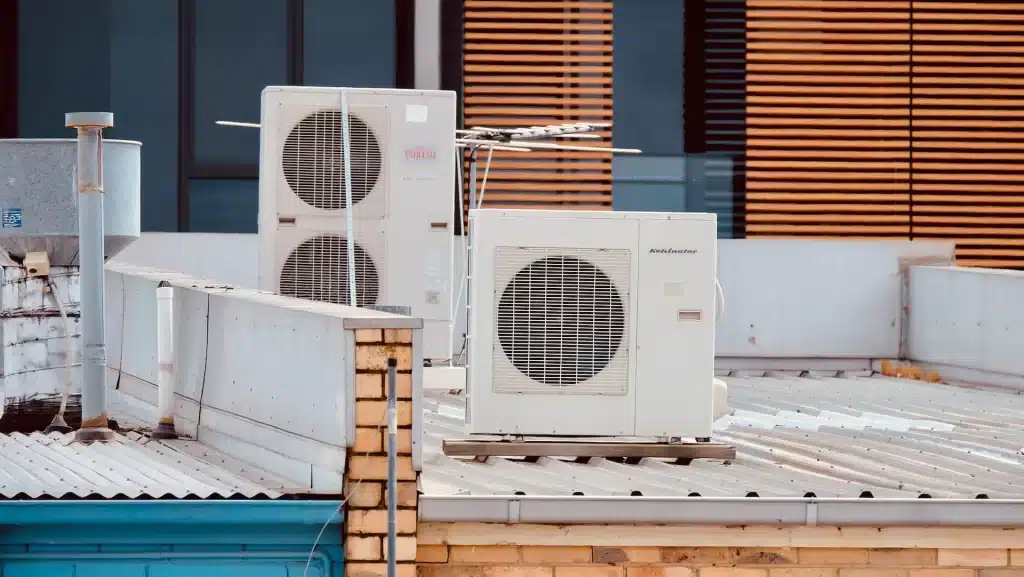
Air conditioning is a necessity in Dubai, running constantly to keep homes and businesses comfortable. With temperatures often soaring to extreme levels, any downtime in your AC system can make coping with the heat unbearable. It’s essential to ensure your unit is always in top condition through regular AC maintenance to avoid unexpected breakdowns that […]
Benefits of Having an Annual Maintenance Contract for Businesses in Dubai

In the bustling city of Dubai, ensuring the smooth functioning of commercial spaces is paramount for businesses to thrive. Each establishment relies on various systems like AC, electrical, and plumbing to operate efficiently. While annual maintenance contracts (AMCs) have long been associated with residential villas and apartments, their benefits extend far beyond homes. In fact, […]
Leaving for the Summer? 5 Top Tips Before You Leave to Avoid Home Disasters

As the summer holiday fast approaches, many expats in Dubai prepare to travel home to escape the intense heat. While you’re away, it’s crucial to ensure your property remains in good condition to avoid unexpected expenses and potential disasters. We’ve put together some practical tips to help you maintain your home and save money during […]
Beat the heat before it strikes: 4 reasons to service your AC before summer
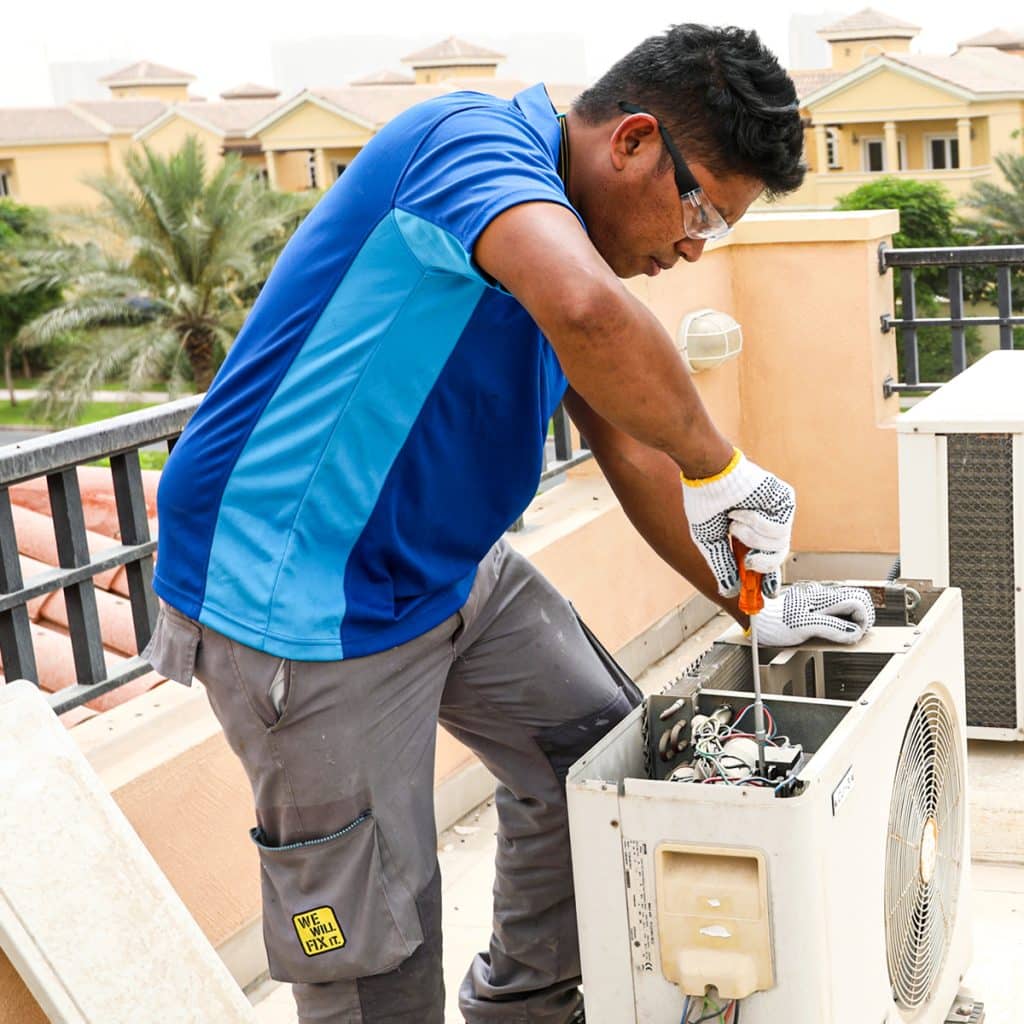
As spring hits Dubai, the last thing on anyone’s mind is their air conditioning unit. With cooler temperatures prevailing, ensuring your AC is in top-notch condition seems less important. However, contrary to popular belief, winter is the ideal time to get your AC serviced. In this blog, we’ll explore four compelling reasons why you should […]
AC Service Checklist: Essential Things Your Technician Should Check

If your technician is a true professional, they should show up with an actual AC unit maintenance checklist. In case you have never seen your technician use one, don’t worry. We are here to tell you everything you need to know about what is done during an AC servicing, so you can make sure you […]
Ask The Expert: British Maintenance Company We Will Fix It Q&A

Q: I’m leaving Dubai for the summer months. Would you suggest I turn my AC off while I’m away? A: If you have the setting on your temperature controller, we recommend that you set your AC on a timer for a couple of hours a day while you’re away, as this will cool down the […]
A handy guide for buying or upgrading an AC unit

Real estate is on a roll in the UAE, and here are some things we’ve learnt – 1) it’s not just developers cashing in. According to a YouGov survey, it is now more common for even high-value property deals to be done via individual sellers as, incidentally, 22 per cent of the 45-plus age group […]
Top 3 Benefits of Having Your AC Coil Cleaned Regularly
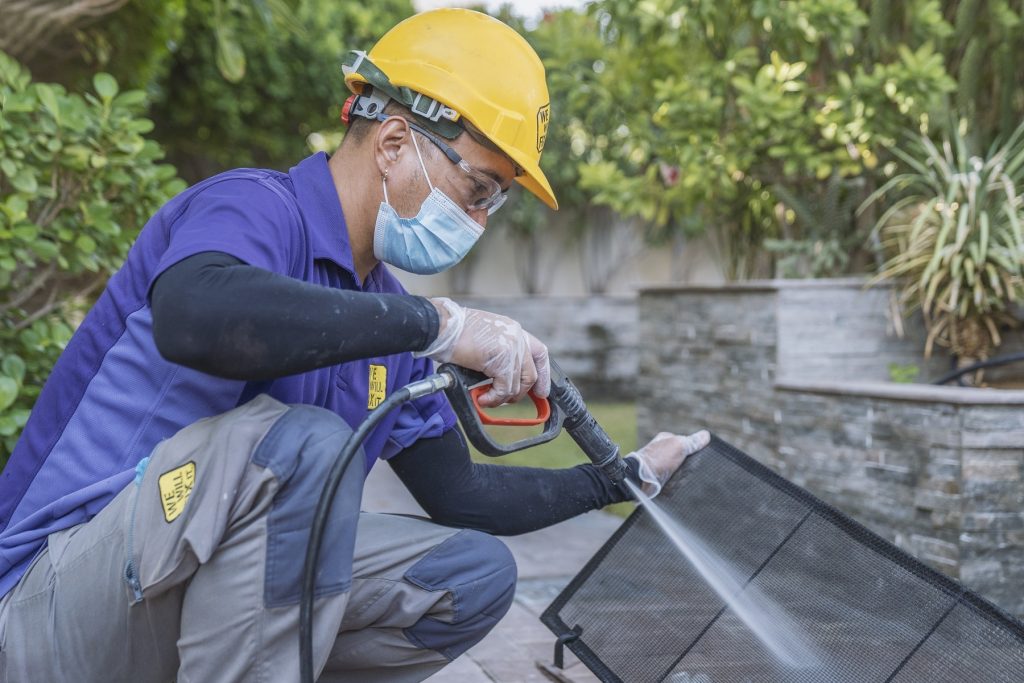
Air-conditioning systems are essential for healthy and comfortable living in the United Arab Emirates (UAE). Besides keeping houses, offices, and other indoor places cool, they also help maintain cleaner air. That said, if the AC breaks down, you’ll find yourself in a heap of trouble because repairing or replacing this indoor system can cost a […]
7 Signs You Need to Consider Replacing Your Outlets and Switches at Home

From sparks to less obvious signs, here’s what you should know to steer clear of hazards.
Why Getting an Annual Maintenance Contract is a Must Now More Than Ever
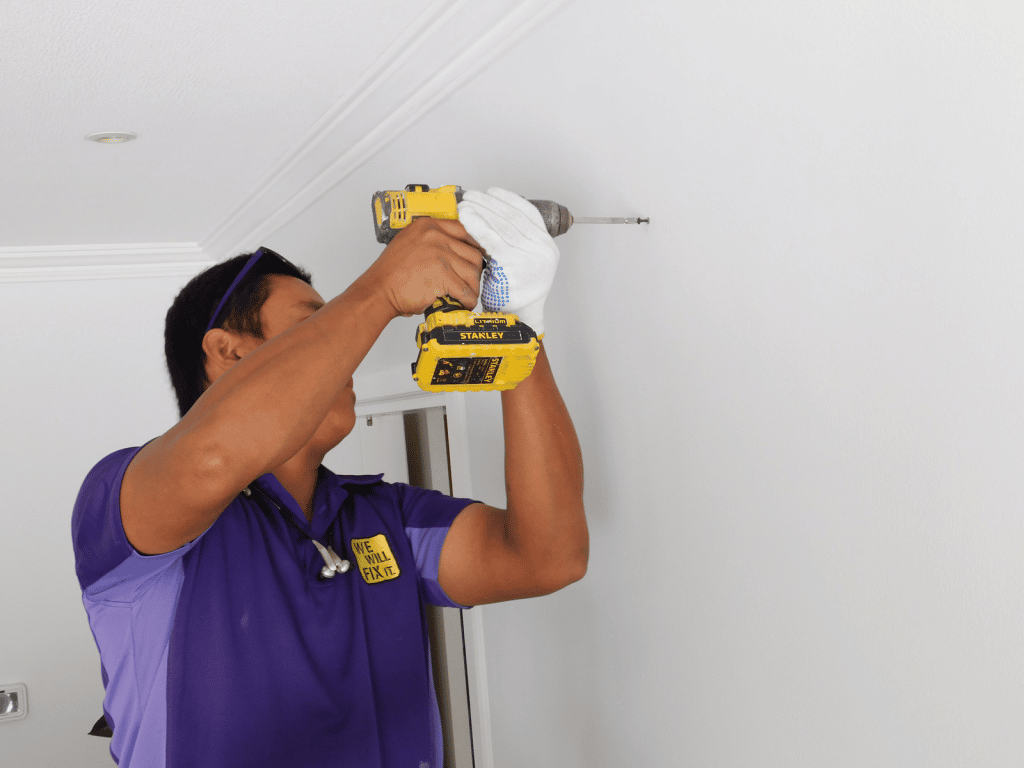
Most of us are looking for ways to get better value from our service providers. Yet when it comes to hiring an electrician in Dubai, there are obvious, inherent safety implications that make cost-cutting and discount-hunting a redundant (read downright risky) objective.
4 Factors That Affect Your Electrician’s Service Fee

Most of us are looking for ways to get better value from our service providers. Yet when it comes to hiring an electrician in Dubai, there are obvious, inherent safety implications that make cost-cutting and discount-hunting a redundant (read downright risky) objective.
We Will Fix It: How to Save Money on AC
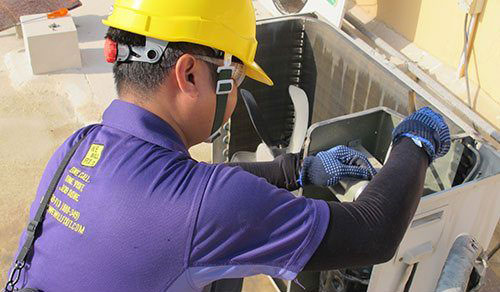
Did you know that if you are a villa resident in the UAE that on average 60-75% of your DEWA bill can be directly linked to your air conditioning? The average cost of AC per month to cool one room in your home is approximately 210 AED – and that’s just one room. As the […]
The most outrageous maintenance/moving in stories

Has a handyman used your cabinet as a ladder? THESE tales of Dubai maintenance at its worst…
HELPFUL TIPS TO KEEP YOUR INTERIOR WALL PAINTS IN PRIME CONDITION

5 things you can do to protect and retain your wall finish for much longer.
Living in Jumeirah Park, JVT or JVC?

Common maintenance issues in popular communities and what you can do to avoid them…
WHAT IS LURKING IN YOUR WATER TANK?
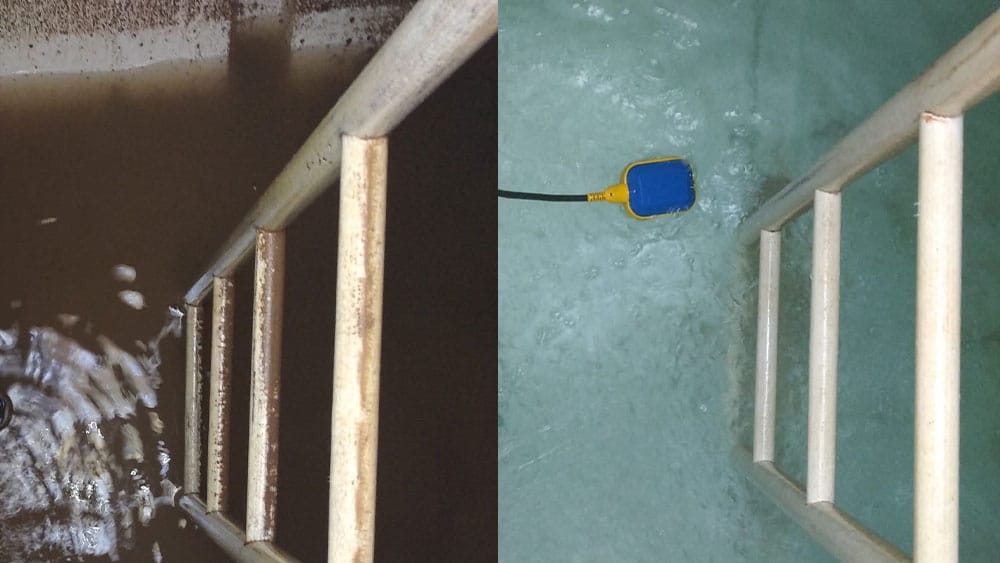
Here’s what our technicians have found. View real life before and after images…
AC Filter Cleaning & Maintenance Service: Top 6 Reasons to Get it in Winter

A neglected AC costs more. FACT. Here’s why off-season TLC is your friend…
Will my air conditioner spread Coronavirus?

What the experts have learned about AC in the age of impeccable hygiene…
Need an annual maintenance contract but not sure who to choose?
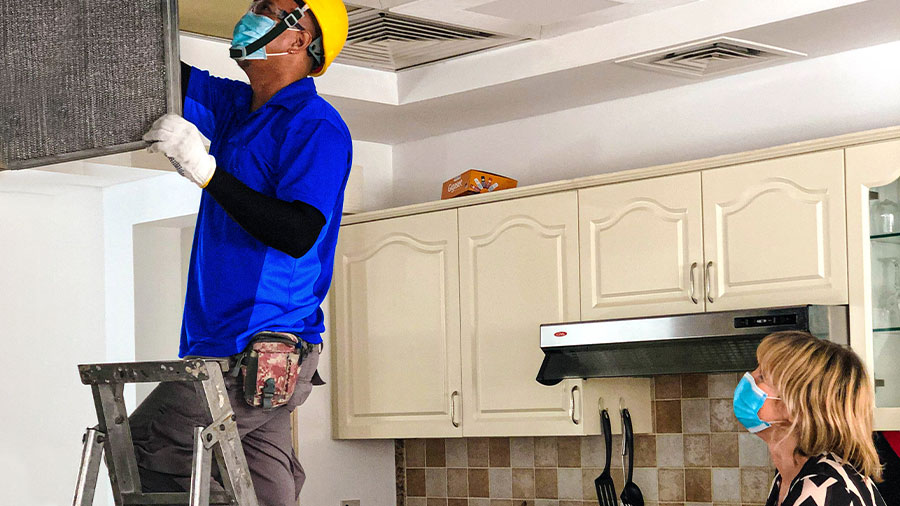
Get it right by asking these 7 key questions before selecting a provider.
Can a technician still come to my home?

Let’s answer your pressing safety queries during these uncertain times.
ARE YOUR AC DUCTS CIRCULATING DUST AND GERMS? SIGNS YOU NEED AC DUCT CLEANING IN DUBAI

As the ‘lungs of your home’ AC ducts are more important than you think…
5 reasons to clean your water tank

Try NOT to think of these when you’re brushing your teeth. Get the full list now.
Podcast: Home repair by the seat of your pants or a maintenance contract?

Find out why Essential Maintenance is one of our most sought-after offerings.
Podcast: Do you know what is growing in your AC?

Colin shares a decade of expertise and insights designed to keep your home ship-shape.
Podcast: What do ceramic tiles, UFC and a speedo have in common?

Learn all about water tanks in the UAE. (And why dirty storage can only mean 1 thing…)
Podcast: Bird poop, sand, mould – how clean is that water tank you drink from at home?

Among the most overlooked of home priorities, it pays to know what’s in your water tank…
Podcast: Air Conditioning to creative mornings – Colin can solve most problems

A beginner’s guide to AC upkeep in one of the world’s hottest climates…
Podcast: Dust masks when working and the old workbench issue

Here’s what you’re going to need to ace that gardening or backyard project!
Podcast: What about a gas feature in the garden, possible?

In this episode, we delve deeper into our listeners’ DIY queries.
Podcast: All you need to know about an annual maintenance contract

Annual package or job-by-job? Hear this before you decide.
Podcast: The role of replacement parts in the home maintenance industry

Colin and James discuss the fallout from using cheap parts and service.
Podcast: Painting guide – all you need to know

The inside story on professional painting PLUS tips for fixing your failed water heater.
Podcast: What about coffee? All you need to know about home improvement

The repair podcast duo discuss which jobs you’ll REALLY regret putting off…
Podcast: Ceramics are cool and many more home improvement tips

Settle in for a cozy session where Colin talks about We Will Fix It ethics and also shares various home improvement tips.
Podcast: DIY can be easy – Essential repair and how to deal with it

Simple tricks to fix taps and other small but important tasks…



